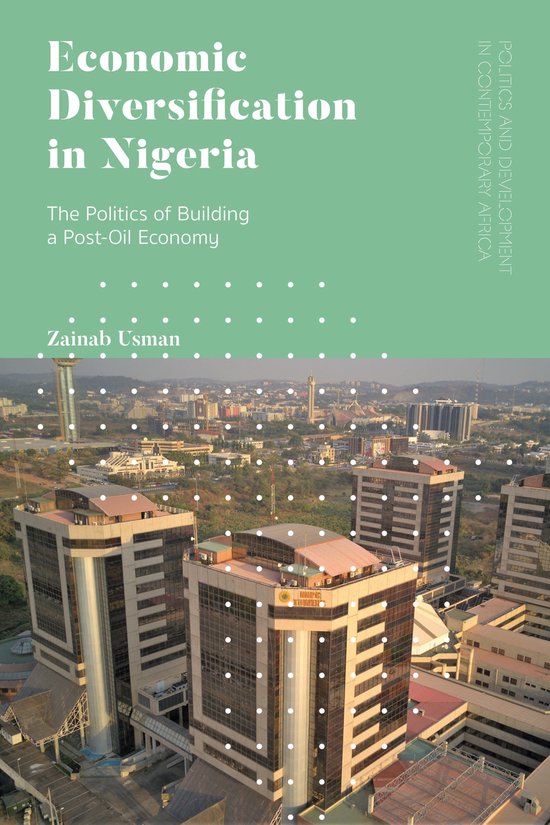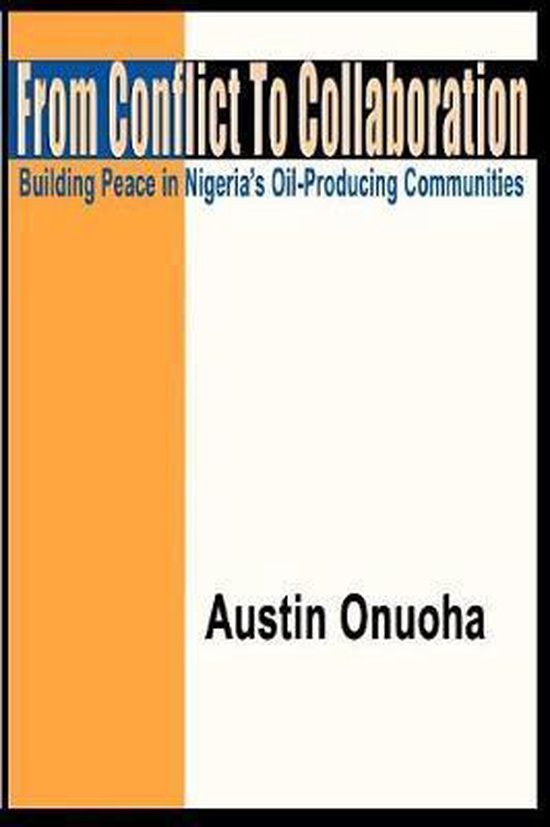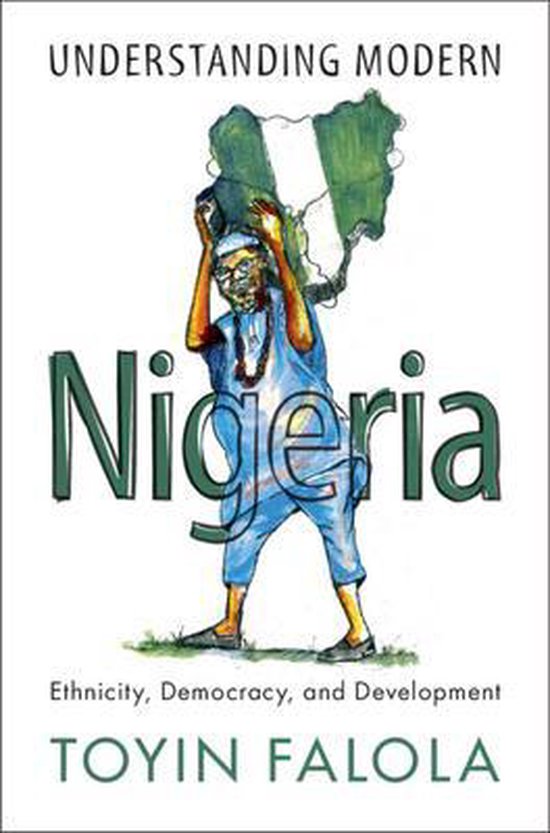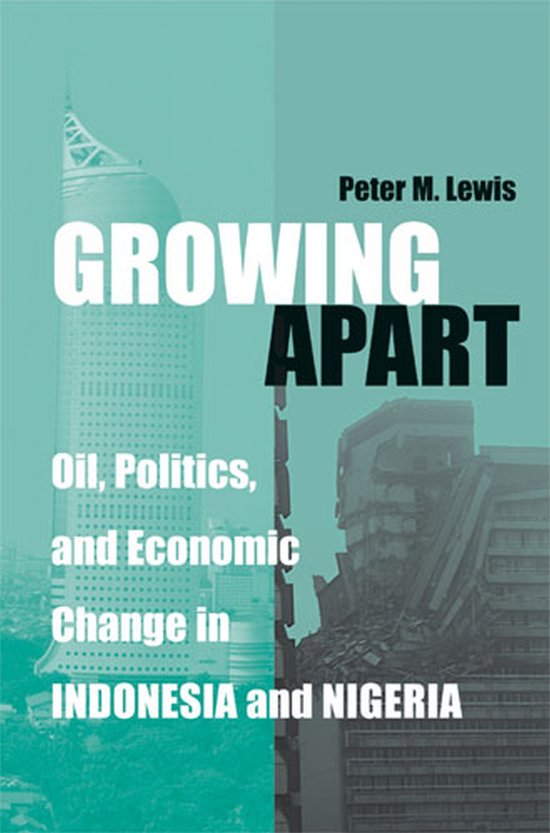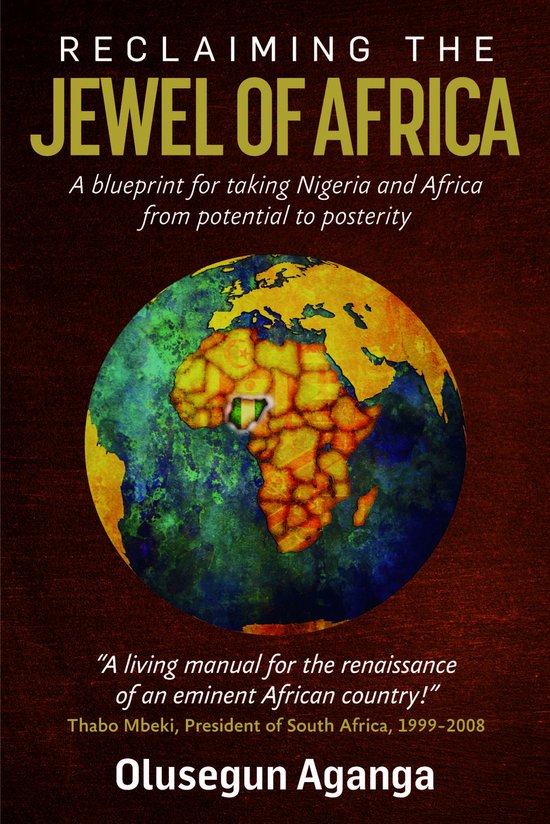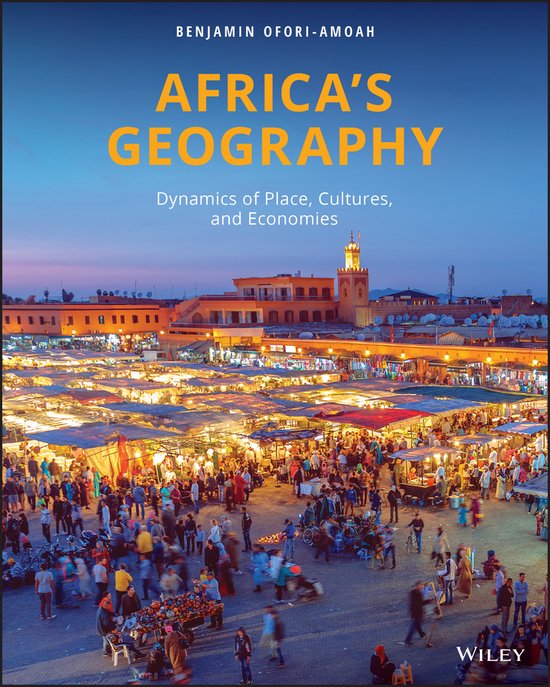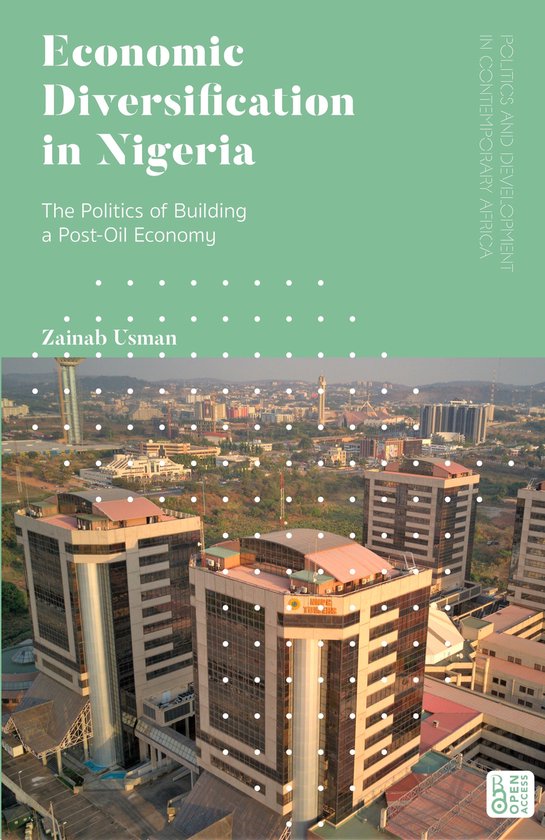
Politics and Development in Contemporary Africa- Economic Diversification in Nigeria
Nigeria has for long been regarded as the poster child for the ‘curse’ of oil wealth. Due to what is regarded as an African political culture of neopatrimonialism, irreconcilable ethno-religious divisions and predatory subversion of institutions, Nigeria is seen incapable of overcoming the economic deterioration of this ‘resource curse’. Yet, Nigeria achieved strong economic growth for over a decade in the twenty first century driven largely by policy reforms in non-oil sectors. The book argues that Nigeria’s major development challenge is not an ‘oil curse’, but one of achieving economic diversification beyond oil, subsistence agriculture, informal activities and across its subnational entities. Through analysis drawing on economic data, policy documents and interviews, the book argues that Nigeria’s challenge of economic diversification is situated within a political setting of an unstable distribution of power among individual, group and institutional actors.
Nigeria’s ruling elites have lurched from one political crisis to another throughout the country’s history and especially in the last two decades of democratic rule. A perpetual state of crisis management orients economic policy to be episodic rather than the systematic and long-term focus necessary to drive the economic transformation Nigeria aspires for. Since the turn of the century, policymaking by successive Nigerian governments despite superficial partisan differences has been oriented towards short-term crisis management of macroeconomic stabilization, restoring growth and selective public sector reforms. To diversify Nigeria’s economy, successive governments must reorient towards a consistent focus on: pro-productivity and pro-poor policies, alongside comprehensive civil service and security sector overhaul. These policy priorities, Nigeria’s ruling elites are belatedly acknowledging, are crucial to achieving economic transformation. However, this policy shift requires tackling the roots of perpetual political crisis, especially stabilizing the balance of power towards equity and inclusion.
| Auteur | | Zainab Usman |
| Taal | | Engels |
| Type | | Hardcover |
| Categorie | | Economie & Financiën |
